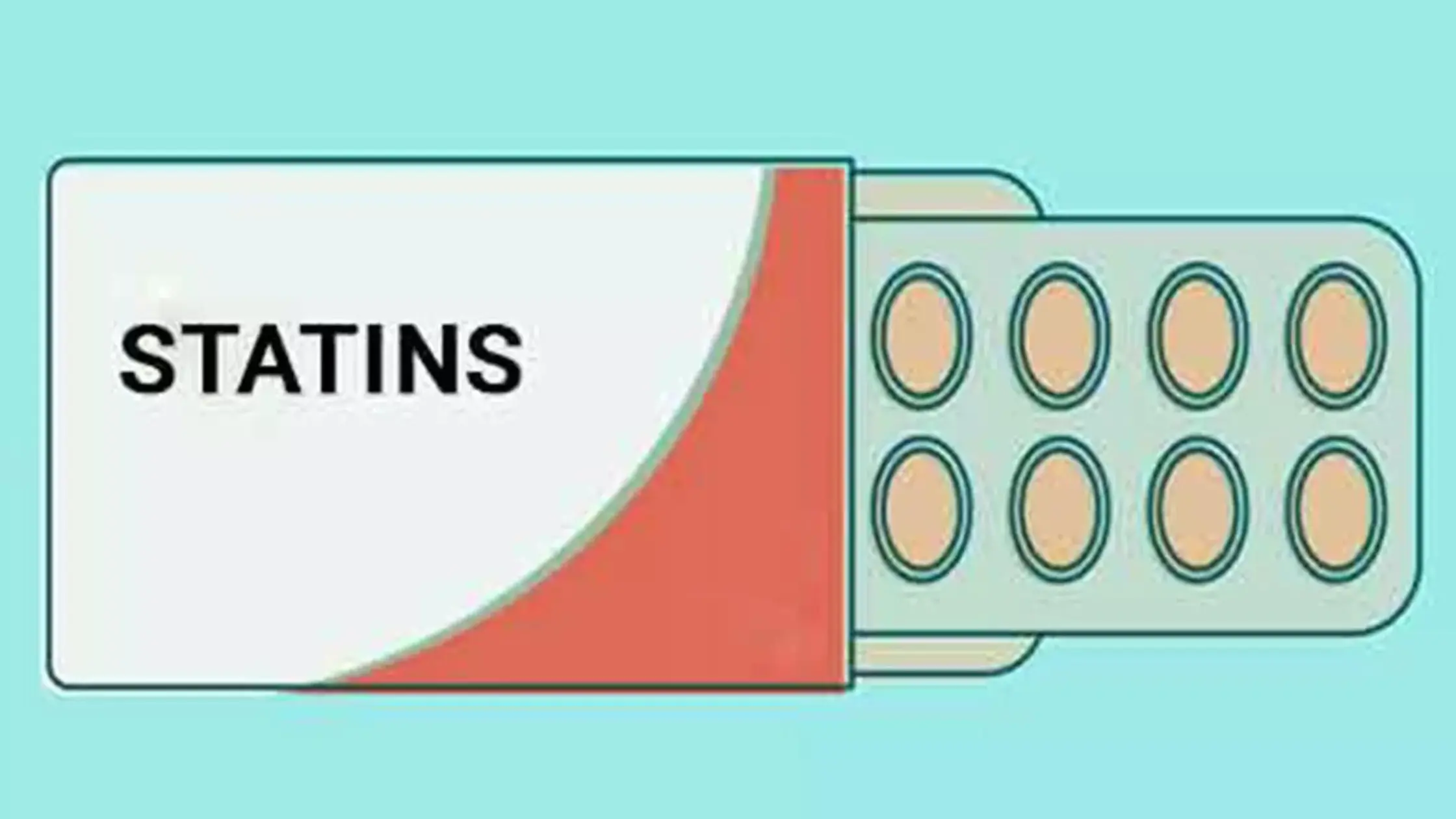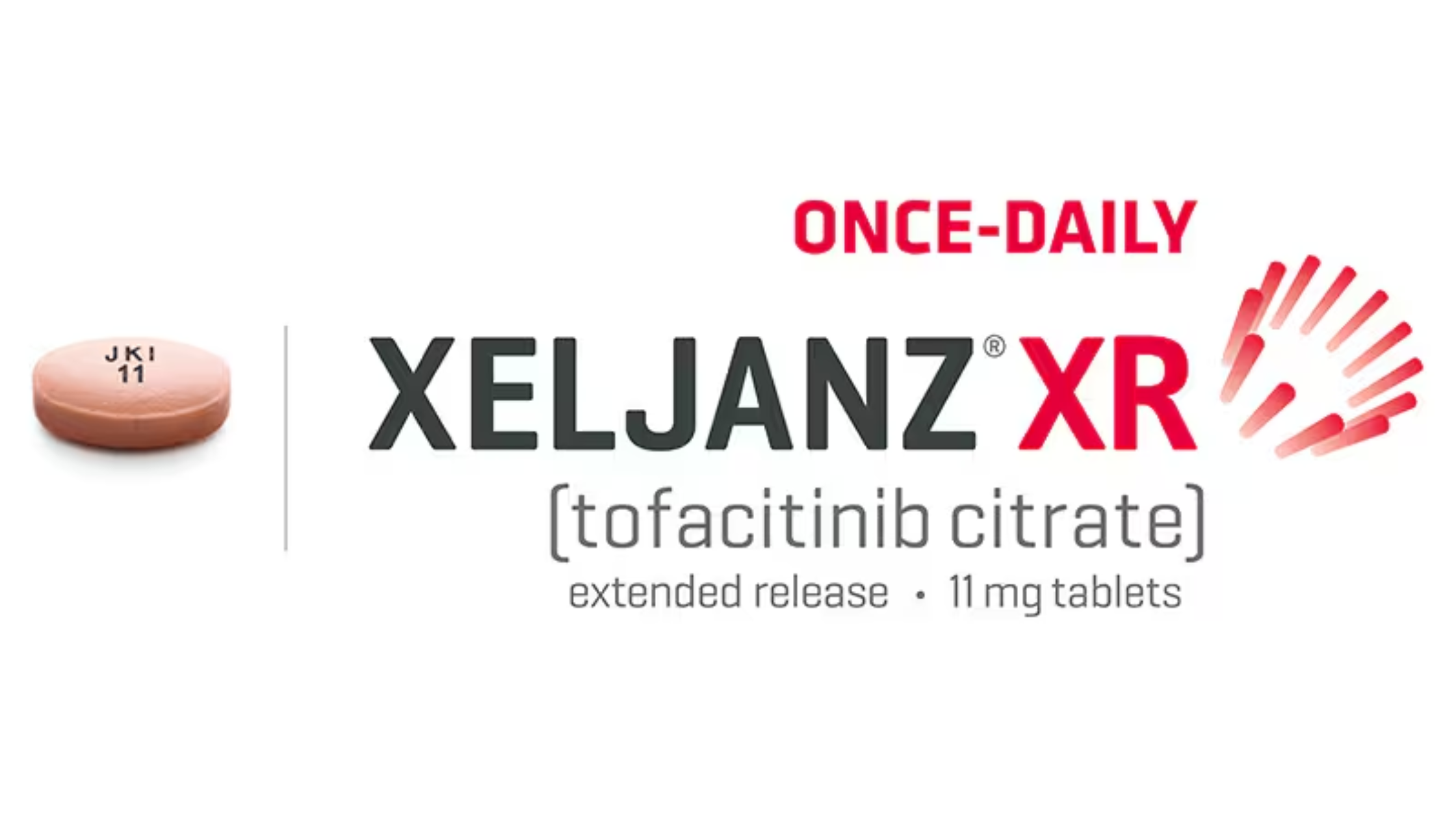Last updated on June 12th, 2024 at 01:40 pm
Statins, a class of drugs, have played a pivotal role in the management of high cholesterol levels and cardiovascular health. These medications are highly effective in reducing LDL (low-density lipoprotein) cholesterol, which is often referred to as “bad” cholesterol. This article provides an in-depth exploration of the different types of statins, their various uses, benefits, and potential side effects, offering a comprehensive guide for individuals and healthcare professionals alike.
What are Statins?
Statins, also known as HMG-CoA reductase inhibitors, work by inhibiting an enzyme called HMG-CoA reductase, which plays a central role in the production of cholesterol in the liver. By reducing cholesterol production, statins effectively lower LDL cholesterol levels in the blood.
Types of Statins
Several statin drugs are available, each with its unique properties and characteristics. The most commonly prescribed statins include:
- Atorvastatin (Lipitor): Atorvastatin is one of the most widely used statins. It effectively lowers LDL cholesterol levels and is prescribed to reduce the risk of heart disease, stroke, and other cardiovascular events.
- Simvastatin (Zocor): Simvastatin is another popular statin known for its cholesterol-lowering properties. It is prescribed to manage high cholesterol and reduce the risk of heart disease.
- Rosuvastatin (Crestor): Rosuvastatin is a potent statin used to lower LDL cholesterol levels. It is often prescribed to manage high cholesterol and prevent cardiovascular events.
- Pravastatin (Pravachol): Pravastatin is commonly used to lower cholesterol levels and reduce the risk of heart disease. It is known for its safety and tolerability.
- Lovastatin (Mevacor): Lovastatin is used to lower LDL cholesterol and is often prescribed as part of a comprehensive treatment plan for high cholesterol.
- Fluvastatin (Lescol): Fluvastatin is another statin used to reduce cholesterol levels and lower the risk of heart disease.
Uses and Benefits of Statins
Statins offer several significant benefits, including:
- Lowering Cholesterol: The primary benefit of statins is their ability to reduce LDL cholesterol levels, which is a major risk factor for heart disease.
- Reducing Cardiovascular Risk: Statins are prescribed to lower the risk of heart attacks, strokes, and other cardiovascular events in individuals with high cholesterol.
- Anti-Inflammatory Effects: Some statins exhibit anti-inflammatory properties that may help reduce the risk of atherosclerosis and other heart-related conditions.
- Secondary Prevention: Statins are also used in secondary prevention, helping to prevent further cardiovascular events in individuals with a history of heart disease.
Statins and Chest Pain
Statins are commonly used to alleviate chest pain, or angina, by reducing LDL cholesterol levels and slowing the progression of atherosclerosis, which can cause reduced blood flow to the heart and chest pain. They also help prevent cardiovascular events like heart attacks, which can lead to chest pain. Some statins possess anti-inflammatory properties, further contributing to chest pain relief. However, individuals taking statins should be aware of potential side effects like muscle pain, which could be confused with chest discomfort, and consult with healthcare providers for proper management.
Potential Side Effects of Statins
While statins are generally safe and well-tolerated, they can have side effects, which may include:
- Muscle Pain: Some people experience muscle pain or weakness when taking statins. In rare cases, this can progress to a more serious condition called rhabdomyolysis.
- Liver Enzyme Abnormalities: Statins may elevate liver enzyme levels in some individuals. Regular monitoring is essential to ensure liver health.
- Digestive Issues: Common side effects may include nausea, diarrhea, or constipation.
- Memory and Cognitive Effects: Some people report memory problems or cognitive changes, though these are rare and generally reversible upon discontinuation.
- Increased Blood Sugar Levels: Statins can lead to higher blood sugar levels, increasing the risk of diabetes in some individuals.
Statins are invaluable tools in the fight against high cholesterol and the prevention of heart disease. They effectively lower LDL cholesterol levels and reduce the risk of cardiovascular events. However, it’s essential for you to work closely with their healthcare providers to monitor and manage potential side effects. The choice of statin and the appropriate dosage depend on individual health factors, making a partnership with a healthcare professional crucial for optimizing the benefits of these medications while minimizing risks. When used under proper medical guidance, statins can be a key component of heart-healthy living.




